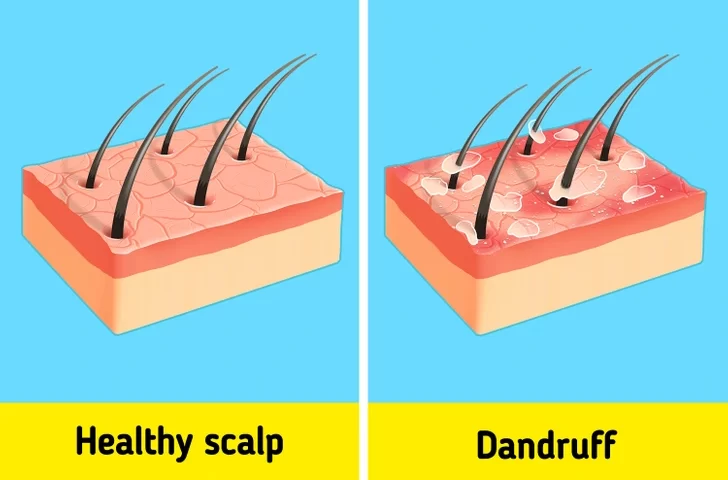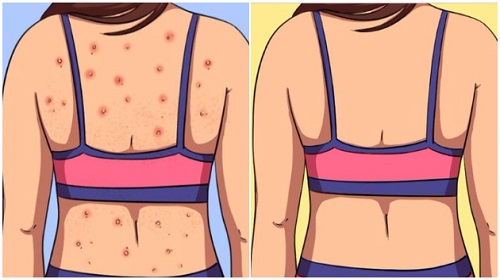Dandruff and its Impact affects approximately half of adults worldwide. While it may not be particularly dangerous, it can significantly even though and appearance.
Definition of Dandruff
Dandruff occurs when the skin on the scalp sheds as white flakes, visible especially on dark hair, and causes occasional itching.
The rapid renewal of skin cells is the underlying cause of dandruff. While healthy skin cells follow a specific life cycle of growth, aging, and death, individuals with dandruff experience an accelerated life cycle, leading to faster cell birth and death.
Although dandruff itself is not harmful, specific types may require prolonged treatment, posing a considerable challenge to elimination.

Causes of Dandruff
Various factors and triggers contribute to dandruff:
- Seborrheic dermatitis, resulting from the presence of Malassezia, is a common cause. This microorganism, a natural part of the scalp’s flora, causes no issues under normal circumstances. However, an increase in sebum production can lead to the rapid replication of fungi, resulting in clustered symptoms and dandruff.
- Inadequate hair care is another common cause.
- A Dry scalp, particularly during the winter season, can lead to flaking.
- Infrequent washing of oily skin can cause sebum buildup, resulting in dandruff.
- Hormonal imbalances, a weakened immune system, and certain skin conditions contribute to dandruff development.
While poor hair care can easily cause dandruff, cases of seborrhea-induced flaking require extended treatment.
Managing Dandruff
It is recommended to consult a dermatologist for proper dandruff treatment. If you notice initial signs of flaking, seek medical attention promptly.
- To reduce dandruff occurrence, regularly wash your scalp with a mild shampoo to eliminate excess sebum and dead skin cells.
- In more complicated cases, you can benefit from medicated shampoos. For optimal results, use a combination of shampoos with different active ingredients, including zinc, tar, salicylic acid, selenium sulfide, ketoconazole, and others.
- Obtain stronger anti-dandruff shampoos with a prescription from your doctor.
- Improve scalp health by applying tea tree oil.
- Avoid using hair styling products as they may accumulate on the scalp and stimulate sebum production. Consume quality foods containing sufficient amounts of zinc and vitamin B to prevent dandruff.
By following these guidelines, you can effectively manage and reduce the impact of dandruff on your scalp and overall well-being.
ALSO READ: Gluten Intolerance: Recognizing and Conquering the Silent Culprit




[…] Why Dandruff Shows up and How to Manage It really […]